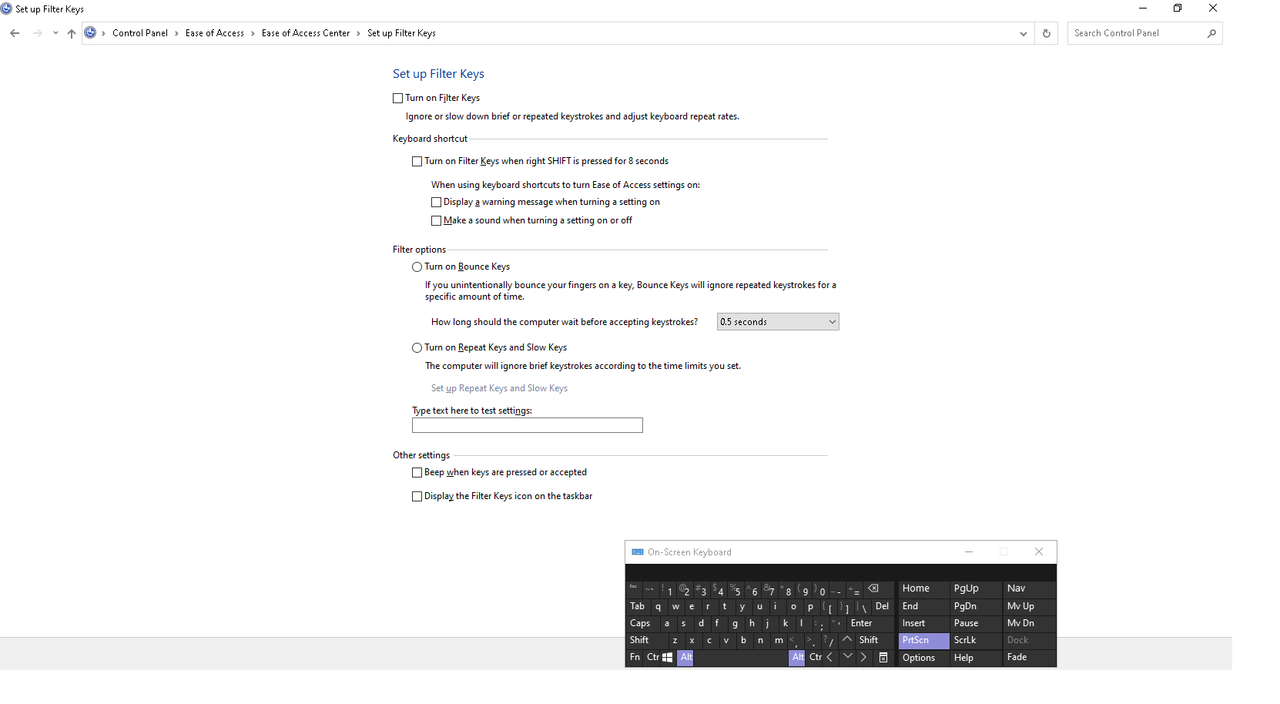
A better approach is to give yourself some downtime - take a shower or go for a walk and let your mind wander. Researchers have long observed that when you get stuck on a complex problem, trying to tackle it with brute force isn’t very effective. While you may not want to play 20 questions with a colleague, there’s no reason that play can’t be woven into work.

But things may go better if you build your own banter - say, trying to guess where they’re from and how many siblings they have via a game of 20 questions.

On a first date, you could ask your companion where they’re from and if they have brothers or sisters. But we also play because it’s fundamentally social it’s one of the best ways to connect with another person because our brains sync up, a state known as neural synchrony. It’s for that same reason that humans engage in play - as a way of experimenting and developing flexible behavioral responses to unexpected events. “They were learning the rules of the game, the rules that govern their world.” “The otters were testing the system,” explains Stuart Brown, founder of the National Institute for Play. After each variation, they waited to see if they’d get a reward. They swam backward they swam through the opposite way they swam halfway through and then stopped. Soon the otters began playing around, trying different variations and assessing the result. In a study of otters, for example, researchers rewarded the mammals with food when they swam through a hoop.

Play is a way of experimenting with various combinations to see what works and developing flexible behavioral responses to unexpected events. The world is unpredictable, and to survive, we need to develop novel social and motor responses to adapt to new situations.
#1KEYBOARD DRIVER ERROR MAC TO PC HOW TO#
The most plausible scientific explanation is that play teaches us how to deal with the unexpected. But why is it pleasurable? What evolutionary purpose does it serve? Like other basic drives such as eating food or having sex, play is inherently pleasurable. But unlike the true threat state we enter in the presence of real danger, play does not trigger the release of cortisol. As with a real emergency, the brain releases norepinephrine, mobilizing the body’s fight-or-flight response. Studies show that play triggers a gentler version of a threat state. They run like their life depends on it, except instead of being terrified, they’re laughing and having the time of their lives. When toddlers chase each other around the yard, their brains activate a faux fear response. Perhaps most fascinating is how our brains respond differently between those real-life scenarios and play. But if you do the same movement in a game of dodgeball, you’re probably having a blast. When a soldier on the battlefield ducks to avoid enemy fire, it’s traumatizing because their life is on the line. Play provides a safe environment to learn cognitive, motor, and social skills and make mistakes without serious consequences. What separates play from real life is the lack of stakes.

It’s for this reason that play earns its place on The Healthy Mind Platter, the seven essential activities your brain needs every day to function at its best. More importantly, play prepares us to deal with the unexpected by broadening the breadth of experiences you have to draw from when meeting new challenges. Play is a basic emotional system, essential in both child development and adult creativity, and studies show it increases job satisfaction, creativity, and innovation. On the contrary, fitting playtime into your day is essential for working productively. At best, we see play as a permissible diversion - a self-indulgent reward for a long day’s work, or a way to relax and unwind before diving back into the fray.īut as it turns out, play isn’t just a way to let off steam and reduce stress. But as we grow up, we come to see play as unnecessary and even frivolous, faulting ourselves for, say, playing video games when we could be getting things done. In children, play is seen as normal and natural - and as a powerful way to learn. But if you’re picking out a tune just because you love it, it is. If you’re practicing your scales for an upcoming piano recital, that’s not play. From hide-and-seek to Wordle, play is what we do just for the joy of it. They run around in circles, bang things together, and jump in puddles - not with any purpose in mind, but simply for the fun of it.Īnd that’s exactly how psychologists define play: as a self-directed, intrinsically-motivated activity with no purpose outside the activity itself. One of the defining characteristics of children is that they play.


 0 kommentar(er)
0 kommentar(er)
